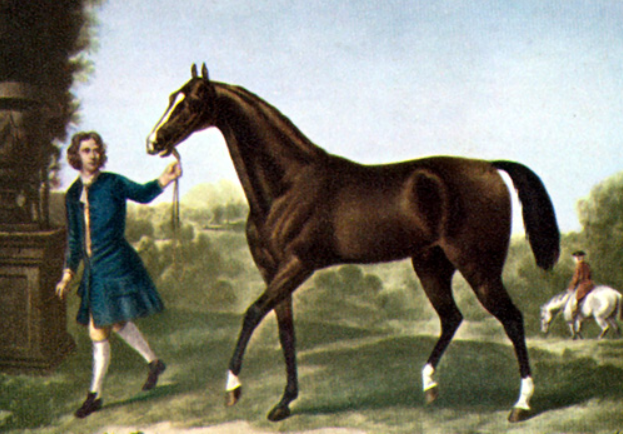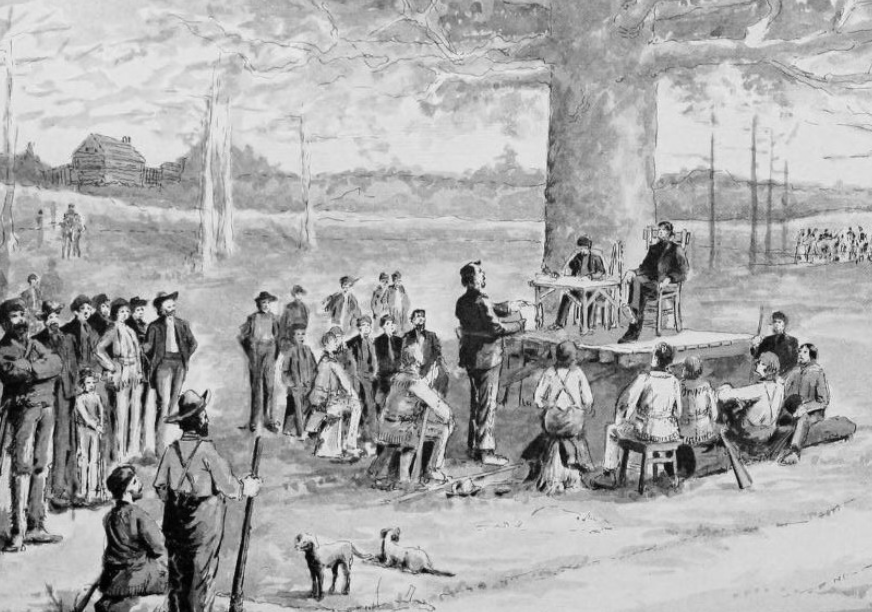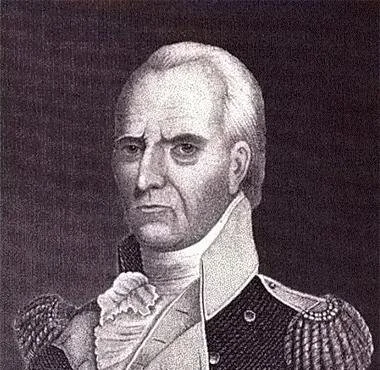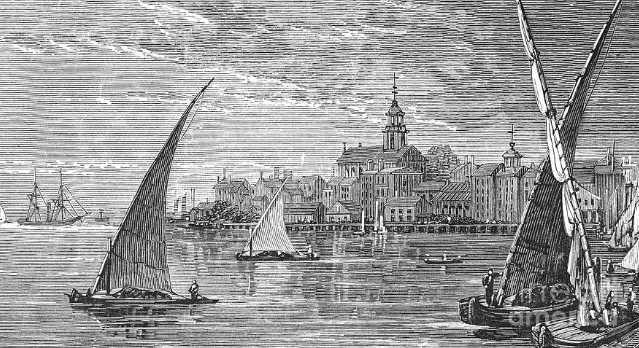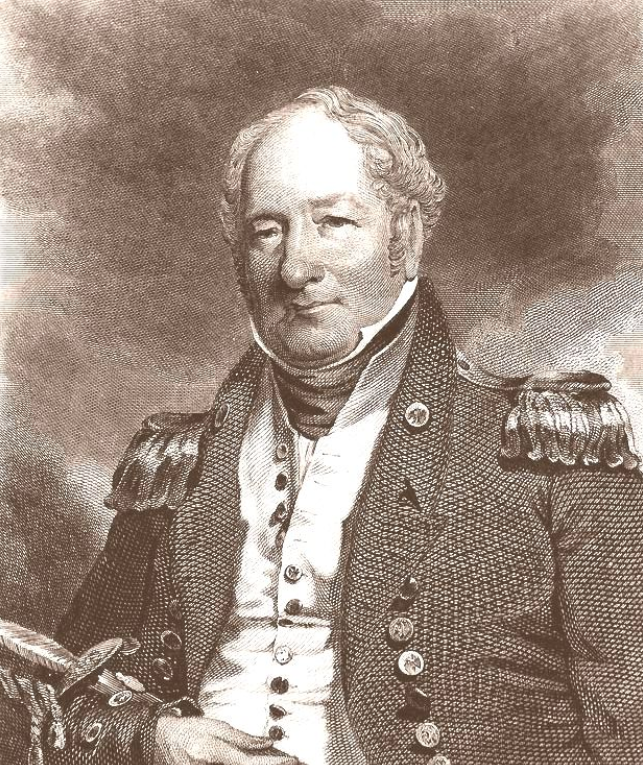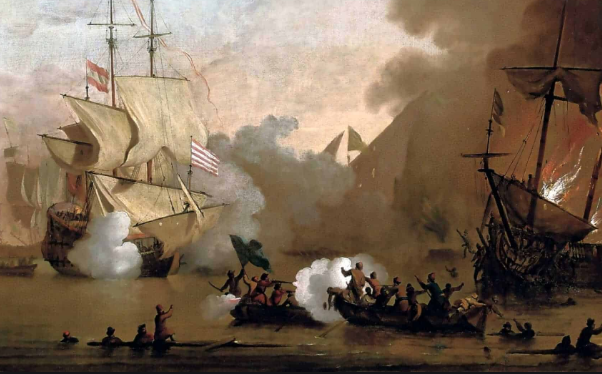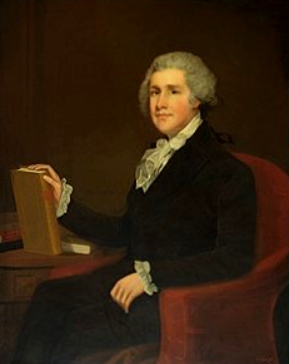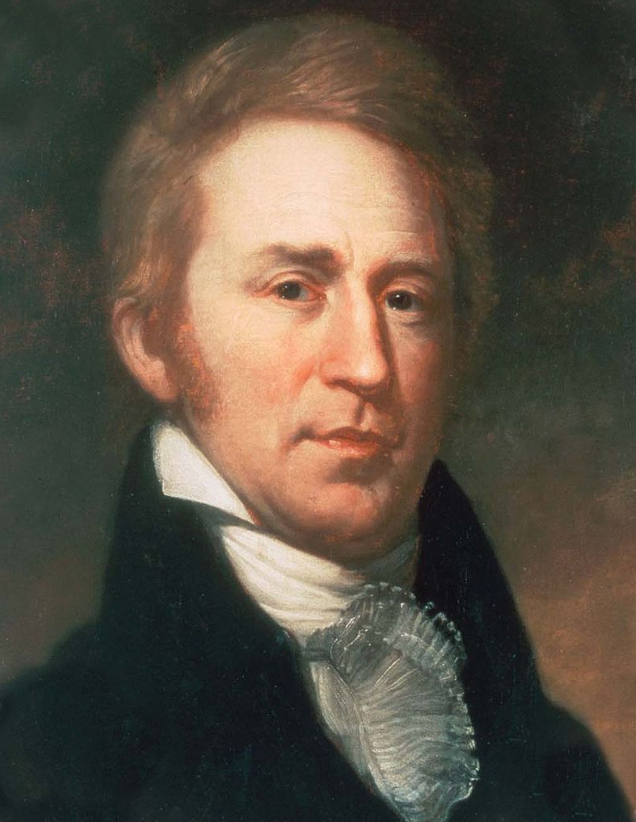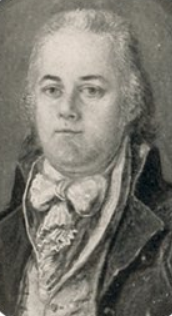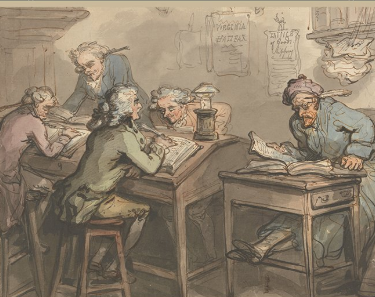William Duane was an important newspaper editor during the American Founding.
All in Bios
David Wooster Rejects His Commission
David Wooster was a Major General in the Connecticut Militia who gave his life for his country.
Designing America - Pierre Eugene du Simitiere Translates Letters to Canada
Pierre Eugene du Simitiere was a Philadelphia artist who contracted with the Continental Congress on several occasions to help create America’s image.
James Patton Brings the First Thoroughbred to the New World
James Patton brought the first thoroughbred horse into the future United States.
Richard Henderson, The Transylvania Company and the Cumberland Compact
Richard Henderson was a Founder of both Kentucky and Tennessee.
Elias Dayton Forties the Mohawk Valley
Elias Dayton was essential in fortifying Upstate New York during the Revolutionary War.
William Irvine Settles State Debts
William Irvine was one of three commissioners who settled the Revolutionary War debts assumed by the States.
John Stark and the Battle of Bennington
John Stark was one of the most important Revolutionary Generals from New Hampshire.
Andrew Jackson's Revolutionary War
A look at future President Andrew Jackson’s experiences during the Revolutionary War.
Edward Preble and The Second Battle of Tripoli Harbor
Edward Preble was an influential Commodore in the US Navy during the Adams and Jefferson Presidencies.
The First American Doctor - John Archer
John Archer was the first person awarded a Medical Degree in North America.
Thomas Henderson's House is Burned as Two Armies Converge
Thomas Henderson was a Physician who fought with the Continental Army, served as Governor of New Jersey and became a US Congressman.
Pomp Springs - Portsmouth's 'Gentleman from Africa'
The life of Pomp Springs highlights the forward thinking nature of the residents of Portsmouth, NH during the American Revolution.
James Barron and the Chesapeake-Leopard Affair
James Barron’s failure during the Chesapeake-Leopard Affair led to President Jefferson’s passing of the Embargo Act.
Samuel Barron Fights Sickness and Pirates
Samuel Barron was briefly the head of naval operations in the Mediterranean during the First Barbary War.
Alexander J. Dallas Reports the Court's Decisions
Alexander J. Dallas was an immigrant who worked his way up to the Reporter of Decisions for the Supreme Court.
Before and After Lewis - The Life of William Clark
William Clark was a Governor, Superintendent of Indian Affairs and one half of the Lewis and Clark team that explored the American West.
Andrew Ellicott Finalizes the Shape of the United States
Ellicott’s contributions as a Surveyor literally shaped the United States from Canada to Florida and out through Ohio.
Miles Brewton Is Lost On The Way To Congress
Miles Brewton was one of the wealthiest men in South Carolina at the outset of the American Revolution.
Dinah Whipple Educates Portsmouth's Black Community
Dinah Whipple started the first school for Black children in New Hampshire.



